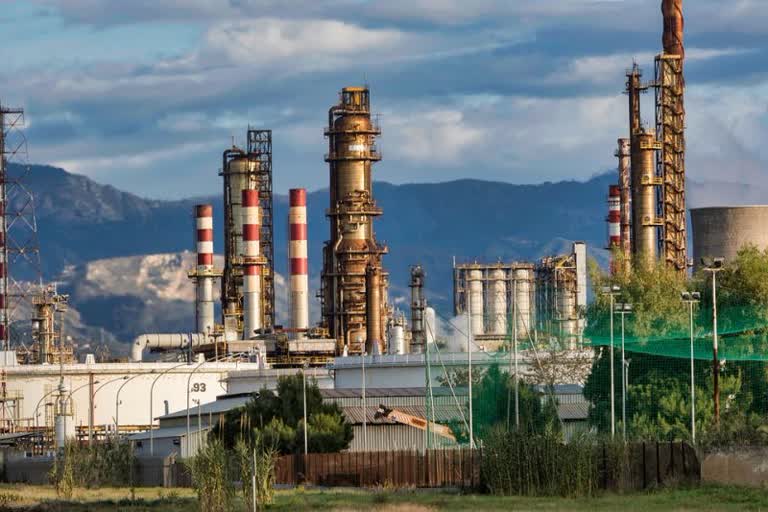Mumbai: A possible increase in fuel prices due to the US sanctions on Iranian crude exports can have adverse impacts on the current account deficit (CAD), the rupee and inflation, warns a report.
The country meets a tenth of its crude demand from Iran--making it the third largest customer for the Persian country--and the "immediate challenge" is to find alternate suppliers who will be able to deliver it at competitive prices as Tehran offers after May 2, Care Ratings said on Tuesday.
It can be noted that the US had on Monday decided to do away with exceptions on sanctions to countries like India who are importing oil from Iran from May 2.
Following this, the government said it will stop shipments from that Gulf nation which has one of the largest crude reserves in the world. China, Japan and India are the biggest three customers for Iran.
A 10 per cent spike in crude prices can result in a 0.40 per cent widening of the CAD, which can consequently play out into a 3-4 per cent depreciation in the rupee and also push up inflation by 0.24 per cent, the rating agency said.
Crude prices jumped to the highest level at USD 74 a barrel since November following the US announcement and equities also tumbled the worst in 2019 Monday.
The rating agency report said if the crude prices remain around USD 75 a barrel for one more month, the Reserve Bank's rate-setting panel may postpone a rate cut which it is widely expected to announce in June.
Rising crude prices can have a two-way impact on the domestic economy, which will play out on both the revenue and expenditure fronts, it said.
While higher oil prices will mean more revenue for the states as tax are ad valorem, but for the Centre, it may not matter as the rates are fixed, it said.
Also read:Tech initiatives help Bengalore Airport register 23.8% higher passenger traffic
Oil marketing companies would earn higher profits if there is a pass-through which can be beneficial for the government too unless the subsidy on kerosene comes in the way, it said.
"With the US-directed sanctions kicking off from May 2, it would be interesting to see how the various macroeconomic indicators of the domestic economy change course owing to an increase in crude prices," it said.
Meanwhile, its peer ICRA said a USD 10 a barrel increase in oil prices will lead to a 0.10 per cent increase in the headline inflation.
The discontinuation of Iranian oil imports is a credit negative for domestic refineries, it said, adding there will be an impact of about USD 350 million on annual operating profit of the domestic refiners.



